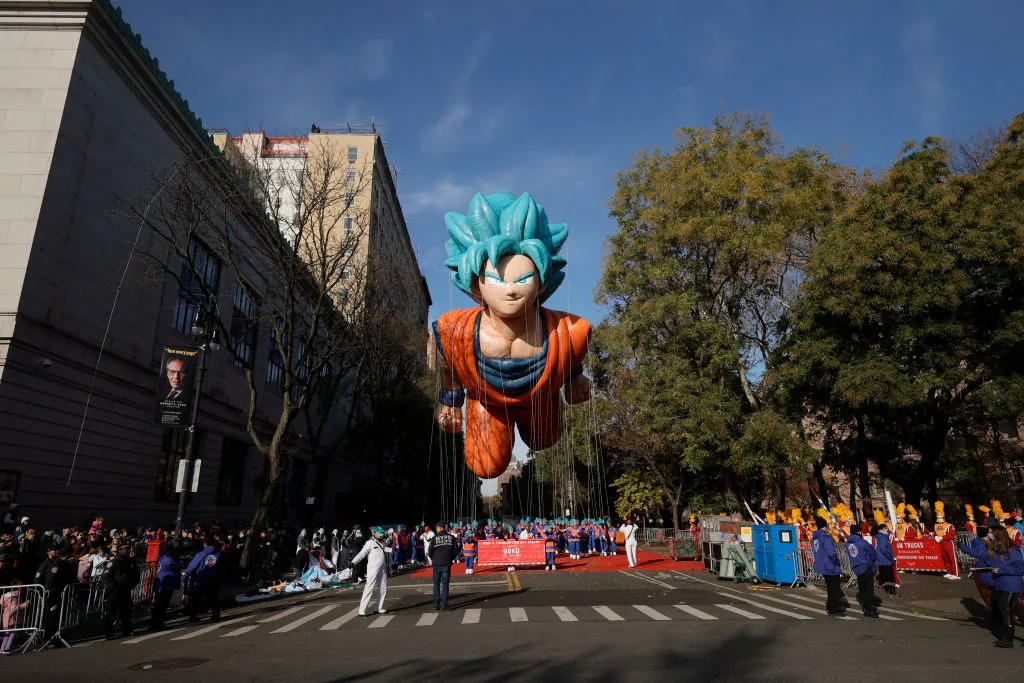
Getty Images
Anime NYC and Animé Los Angeles, two of the largest anime conventions in the U.S., have both announced that they will not accept AI art in the “artist alleys” where artists sell illustrations, paintings, and merchandise based on an artist’s original designs.
“Anime NYC does not allow AI generated art,” a representative of the convention wrote in an email to ARTnews. “Artists selected for Anime NYC this year were all curated by our veteran artist alley team, and it is a roster of over 300 artists from around the planet with diverse styles and artwork they create themselves.”
The representative said that while a formal announcement about the ban on AI art has not been made, the application process for the 2023 edition of the fair will formally put restrictions on AI-generated art.
Meanwhile, Animé Los Angeles released an announcement yesterday on their policy concerning AI generated art.
“We at Animé Los Angeles do not condone or accept an form of AI-generated art piece being used within our promotional materials nor being sold in our Exhibit Hall or Artist Alley,” the statement read. The statement clarified that if AI-generated work is found to be on sale at the convention, which opens in early January, it will be considered a form of counterfeit merchandise and will be required to be removed.
These new policies come as controversies about AI-generated work have proliferated following the release of text-to-image AI generators like DALL-E 2. After famed South Korean illustrator Kim Jung Gi died, a fan uploaded his art style to a text-to-image generator that could then replicate his style. His fans were outraged and a discussion on whether these text-to-image generators are founded on a theft of artists’ intellectual property ensued.
As such, Animé Los Angeles considers current text-to-image generators to a form of theft, but it will make an exception for future developments in the technology.
“If, in the future, such a program is created that allows for only specific images the artists owns to be sourced from, it will be the artist’s responsibility to provide proof that the pieces were not created from stolen images,” the statement reads.


